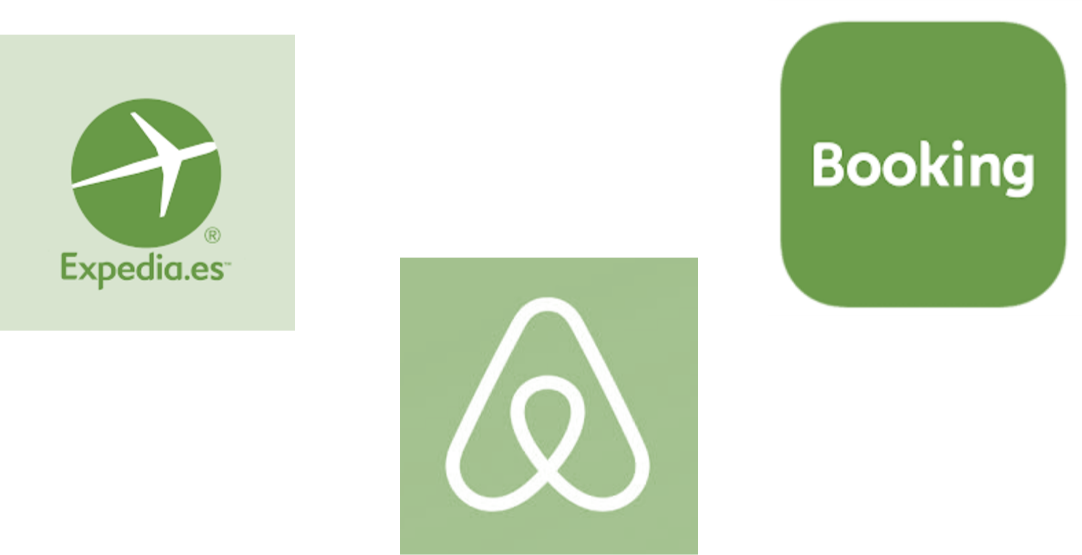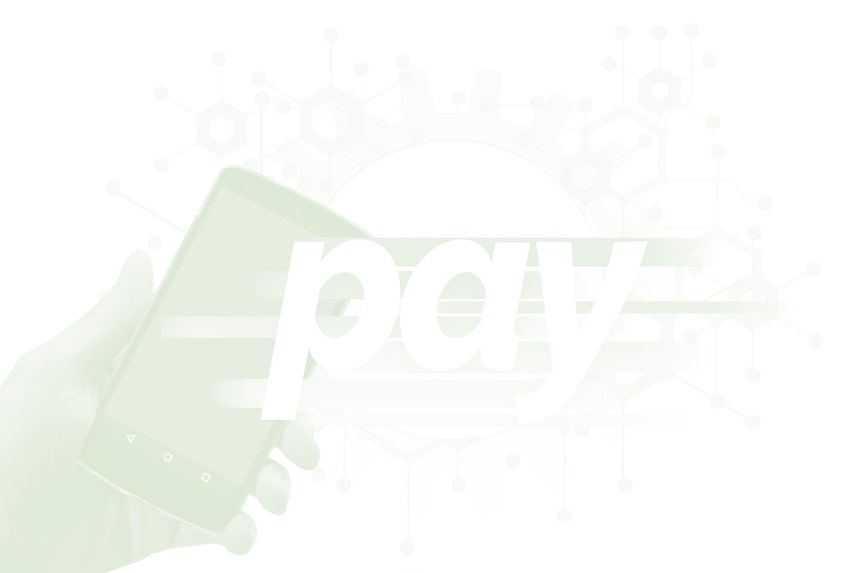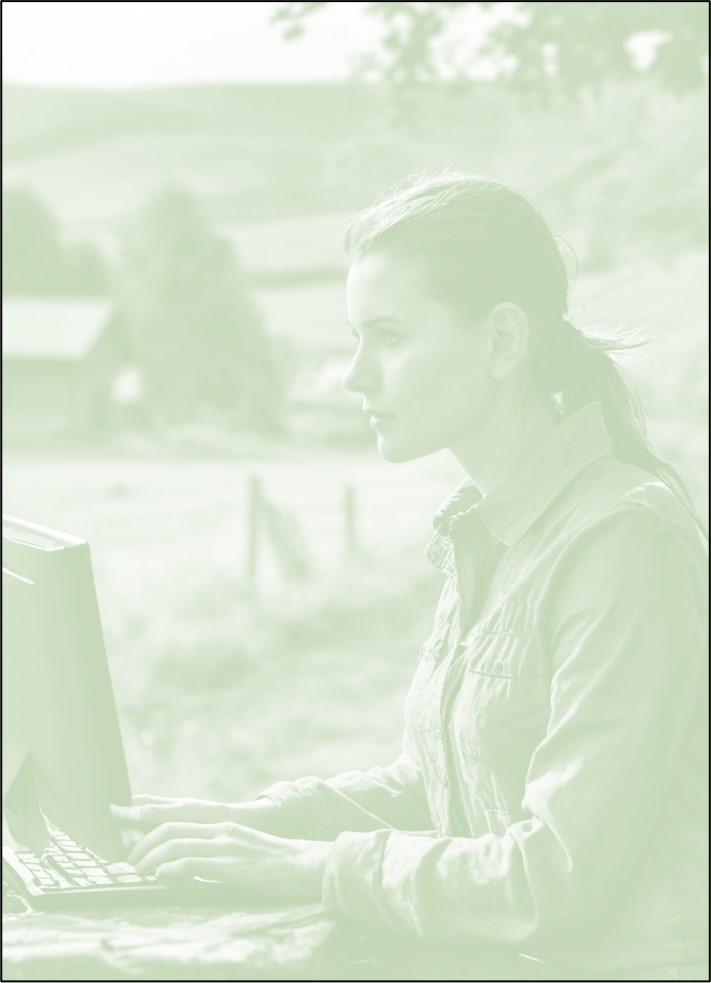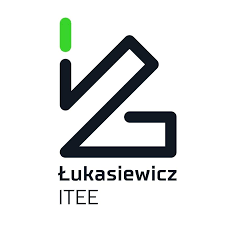Booking Platforms:
Benefits: It makes it easier for customers to book accommodations, activities, and services online, increasing convenience and accessibility.
Examples: Booking.com, Airbnb, Expedia.
Use in Rural Tourism: A rural hotel can use Booking.com to manage online bookings, reach a global audience, and increase occupancy during off-seasons.

Social Media Marketing Tools:
Benefits: allow businesses to promote their services, interact with customers and create an online community.
Examples: Facebook Business Manager, Instagram for Business, Twitter Ads.
Use in Rural Tourism: A tourist farm can use Instagram to share photos of its animals, landscapes and activities, attracting more visitors interested in authentic rural experiences.

Electronic Payment Solutions:
Benefits: facilitate secure and hassle-free transactions, increasing convenience for businesses and customers.
Examples: PayPal, Stripe, Square.
Use in Rural Tourism: A rural tour operator can use PayPal as a payment option on their website, allowing customers to book and pay for their activities quickly and securely from anywhere.

Customer Relationship Management (CRM):
Benefits: help organize and manage customer information, improve communication and deliver personalized experiences.
Examples: HubSpot CRM, Salesforce, Zoho CRM.
Use in Rural Tourism: An ecotourism company can use a CRM to track customer preferences and booking history, personalizing offers and communications to improve customer satisfaction and foster loyalty.












